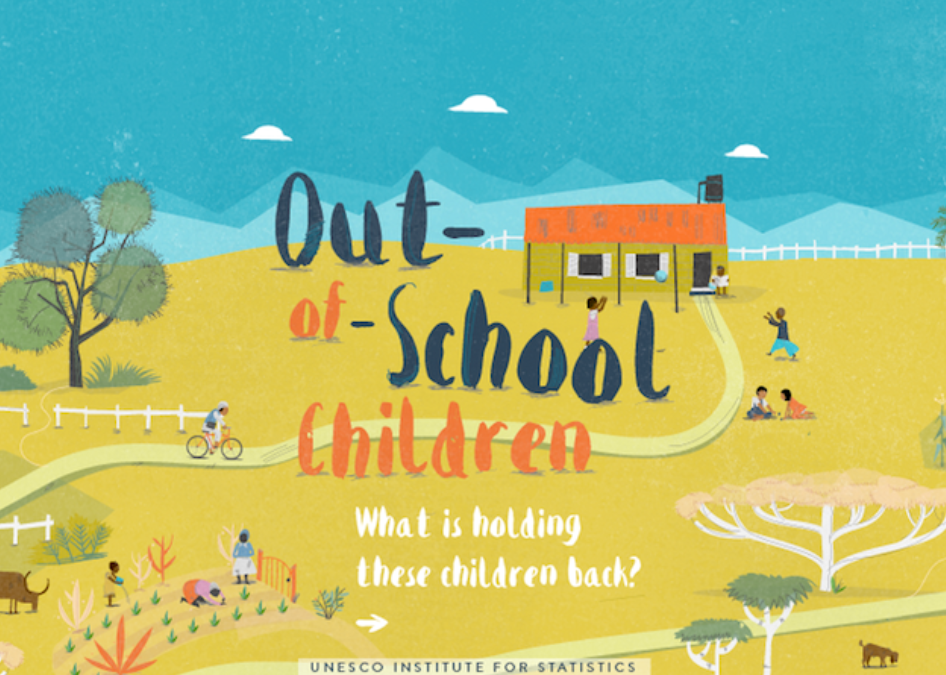
Out Of School Children
Meet Denis Mukwege, medicine graduate, founder of the the Panzi Hospital in Bukavu, a 2018 Nobel prize winner for his effort “to end the use of sexual violence as a weapon of war and armed conflict.”

Now meet Thato Zungy, a school dropout, grew up to face prison after being addicted to drugs and being involved with gangsters

Two different educational backgrounds, Two different paths, Two different influence on the society
Due to the huge benefits that it brings to the individual development and the society as a whole, Education is a crucial matter that pushed UNICEF to declare a national emergency to deal with the shocking 80 million children dropping out of school without completing the basic schooling, despite the global efforts to promote primary education
The map below shows the top 40 countries with the highest average of Children out of school. As shown, 38 out of the 40 countries are in Africa, with Somalia recording the highest average of all (83.92)
Despite the efforts that some government make to promote primary education, some countries still witness a high average of dropouts from primary schooling. The bar chart shows the percentage of expenditure on primary education out of the government expenditure on education compared to the average children out of school. Haiti is among the top countries in Average Expenditure on primary education out of the government expenditure on education (64.9%), and still, its ranked 7th in the world with the highest average of drooped out(54.40%)
According to the UNICEF wars and disasters, discrimination based on gender, child marriage are factors that keep the children out of schools. Poverty is also considered a main barrier to education, where children are forced into employment at a very young age to accommodate the living demands. Going back to Somalia example, 43.5% of children aged 7-14 are working instead of being at school. Same with the Haiti example, despite the huge expenditure on primary education, 35.60% of children are in employment.
Solving this issue requires the collaboration of the government, schools and community
- On a government level, increase the number of schools to avoid crowded classes and implement legislation that protects the right of education for every child. According to UNESCO and UNICEF new policies should focus on the most marginalized children to easy the access to education and improve its quality. This can be achieved by gathering information about the children, their addresses and if they attended school or are likely to do so.
- On a community level, awareness should be spread especially among parents by showcasing the downside of dropping schools and its effect on the society
- On a school level, Systemic Renewal must be adopted which is the continuous process of assessing goals and objectives associated to school policies, practices, and organizational structures as they have a direct impact on a wide group of learners.
Implementing those steps will have its reflection on the society by reducing the rate of crimes and violence and poverty, economic growth, and equality among genders as well as inspiring good health.